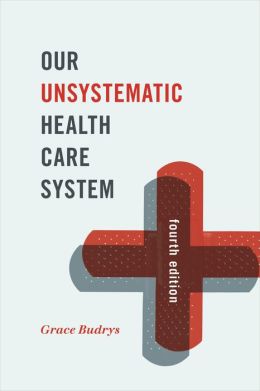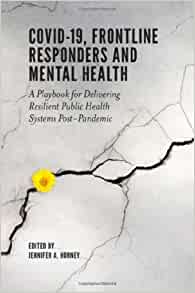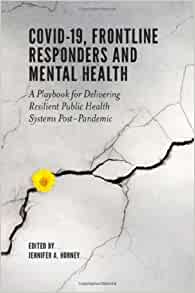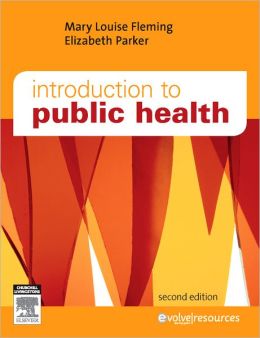-9%
The Mental Health Impacts of the Pandemic on Frontline Responders: Building Resilience for the Future
Introduction
The COVID-19 pandemic has tested the resilience of healthcare systems and frontline workers worldwide. The prolonged and multifaceted nature of this crisis has highlighted the need to address the mental health impacts on those who have been at the forefront of the response: healthcare workers, public health professionals, first responders, and other essential personnel. This comprehensive work explores the mental health challenges faced by the public health workforce during and beyond the pandemic, emphasizing the importance of interventions for future resilience.
Mental Health Impacts of Disasters and Emergencies
Pandemics and other large-scale emergencies have consistently been associated with significant mental health implications for responders. These can range from acute conditions such as anxiety and insomnia to chronic disorders like post-traumatic stress disorder (PTSD). The unique characteristics of the COVID-19 pandemic, including its protracted duration and societal disruption, have further exacerbated these risks.
Inequitable Impacts of the Response
The pandemic has also laid bare inequitable impacts within the public health workforce. Certain sectors, such as long-term care and community health, have experienced disproportionate mental health burdens. Additionally, socially vulnerable populations, including racial and ethnic minorities, have been more likely to face negative consequences of the response.
Recommendations for Building Resilience
Addressing gaps in capacity and enhancing the resilience of the public health workforce is crucial for future preparedness. This work offers recommendations in the following areas:
- Enhanced Training and Support: Providing responders with training in mental health self-care and peer support mechanisms.
- Improved Resources: Allocating adequate funding for mental health services and addressing workforce shortages.
- Culturally Competent Interventions: Developing culturally tailored interventions that address the specific needs of diverse populations.
- Structural Changes: Reforming policies and systems to reduce administrative burdens, improve working conditions, and promote work-life balance.
- Collaboration and Partnerships: Fostering collaboration among healthcare, public health, and community organizations to provide integrated support to responders.
Conclusion
The COVID-19 pandemic has illuminated the critical need to safeguard the mental health of frontline responders. By addressing the potential realities of workforce shortages, funding constraints, and the inequitable impacts of the response, this work contributes to building a more resilient public health system for future emergencies. The research presented herein provides a roadmap for disseminating best practices, ensuring that recommendations become standard practices in the post-pandemic era.










Reviews
Clear filtersThere are no reviews yet.